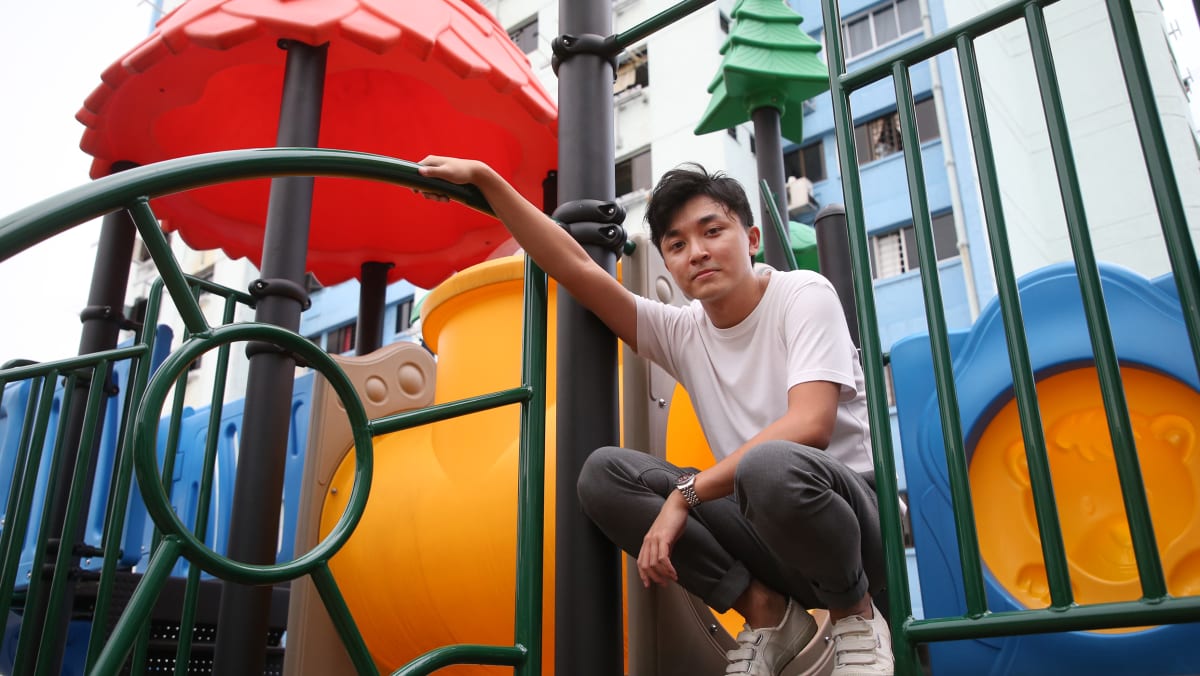
 By
By
Daryl Choo
To allay my concerns, Mr Kwan reminded me that these costs do not all have to be paid upfront the moment the baby is born.
“A lot of people also forget that their income will, more likely than not, rise over the years,” he said.
Based on my estimates, he calculated that my future wife and I would need to set aside about S$300 a month each during the earlier stages of our child’s life and up to about S$800 a month when the child is in the schooling years.
So even if I wanted to have a child right now, it would be financially feasible, provided my partner and I are both working and we continue to draw a regular salary as our child grows.
Mr Kwan, a 29-year-old newlywed, recently went through the same budgeting exercise after he and his wife decided they wanted to be parents.
He added that there are always opportunities to cut costs along the way. Many young parents in the newer public housing estates with BTO flats, for example, have been coordinating bulk orders for baby food through their block’s WhatsApp chat group.
“So long as you plan properly and live within your means, having a child is very possible,” he said.
PARENTING IS NOT ALL ABOUT MONEY
Dr Tan Poh Lin, who specialises in research on families and population at the Lee Kuan Yew School of Public Policy, said that my views towards having children are not uncommon in Singapore.
“Cost considerations are certainly often brought up in surveys, with education (including preschool and enrichment classes) brought up as a key expenditure item.”
However, she believes that parents have a tendency to overstate the importance of how much money they spend on their child, and to understate the value of being emotionally available and displaying healthy and positive attitudes towards life and work.
Ms June Yong, a freelance writer and owner of Mama Wear Papa Shirt, a blog that discusses parenting and education in Singapore, said that whether or not a person wants to have children should not begin or end with financial considerations.
“If you ask any parent you meet, they most likely will not say that they had this number of kids because they could afford it. What they will say is something like, ‘We love children, we love each other, or we felt like we were ready to take the next step’,” the mother-of-three said.
So now that I’ve worked out the sums and feel more confident that I can afford a child, how will I know when I’m emotionally or psychologically ready for one?
Ms Grace Goh, a counsellor at Mind What Matters clinic, said that an important question couples need to ask themselves is whether they are willing to sacrifice or change some of their lifestyle habits for their child.
One way of knowing when I am ready to be a parent is when my desire to have a child overrides any fear of future challenges — financial or otherwise.
“It’s not wrong if people don’t want to have children,” she stressed.
However, it should be standard practice for young couples to think deeply about any fears or concerns they may have about becoming parents.
Even if they do decide that they do not want to have children in the future, reflecting on these fears can be beneficial to their self-discovery. It can also help couples understand each other better by opening up conversations about each other and their values.
Unfortunately, there’s no spreadsheet or checklist of fears and concerns I can work through to calculate whether I’m emotionally ready for kids.
But having gone through the number-crunching exercise with Mr Kwan and seeing in context how much I would have to set aside to raise a child has made the high costs seem far less daunting.
The exercise also helped me realise that even though, in the past, I brushed aside thoughts of having children, there is a part of me that is open to the idea now that I know it’s financially feasible.
Most of all, it has left me feeling more empowered — I know now that even if I end up not having children, it will be because that is a decision I make consciously, and not a path assigned to me simply because I could not afford one.
ABOUT THE WRITER:
Daryl Choo is a journalist at TODAY, where he covers transport, defence, manpower, and crime and court.